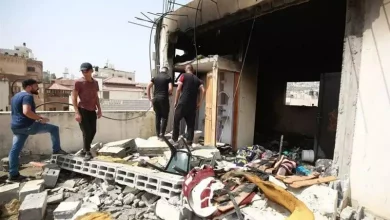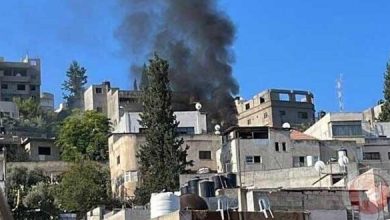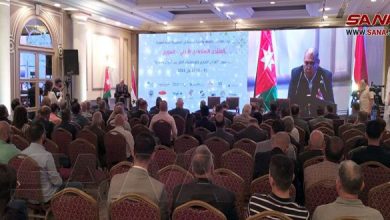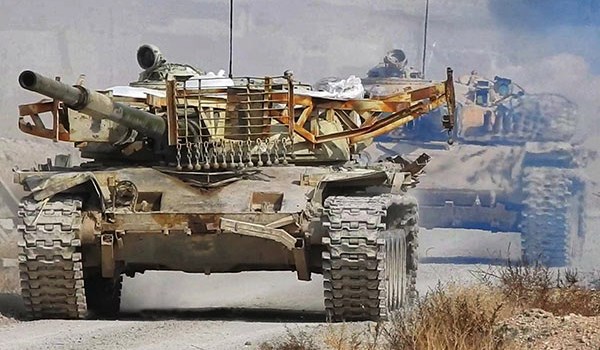Over 100 killed in Brazil as police remain on strike for sixth day


Over 100 people have reportedly been killed in Brazil over several days of anarchy as police forces have been on strike and unavailable.
The absence of some 1,800 state police forces over the past six days has led to a wave of violence in the state of Espirito Santo, where 101 instances of homicides were registered, a spokeswoman for the union representing police told Reuters on Thursday.
Chaos mostly hit the state’s capital, Vitoria, and schools and businesses remained closed and public transportation frozen.
Gustavo Tenorio, another spokesperson for the police union, said, “We cannot establish definite motives for these killings at this time as the crisis is still ongoing. But an initial evaluation by the homicide division seems to indicate that a majority of those who have died were tied to drug trafficking or some other type of crime.”
Meanwhile, the Brazilian army, which has taken over to provide the state’s security since Wednesday, mobilized hundreds of troops and armored vehicles on Thursday to help establish order.
Some locals have decided to leave the state capital despite the military’s presence.
Officials said that hundreds of more federal troops and members of federal police force were needed to help establish order in the state.

An army general, Eduardo Villas Boas, said in a Twitter message that the army’s “involvement in Espirito Santo is temporary.”
“It is here to make government negotiations possible and bring peace to the population. We are not going to replace the police,” he wrote.
Authorities fear strikes could spread to other Brazilian states, including to Rio de Janeiro, which is due to host one of the world’s biggest festivals in three weeks.
The police union says its members have not received a raise in four years. A Brazilian court has declared the walkout illegal, nevertheless.
Brazil is currently facing nationwide budget crises, which is blamed largely on the government. The government of President Michel Temer, which took over after elected president Dilma Roussef was ousted in by impeachment last year, is currently under fire for corruption.




